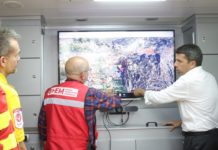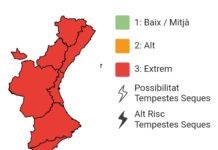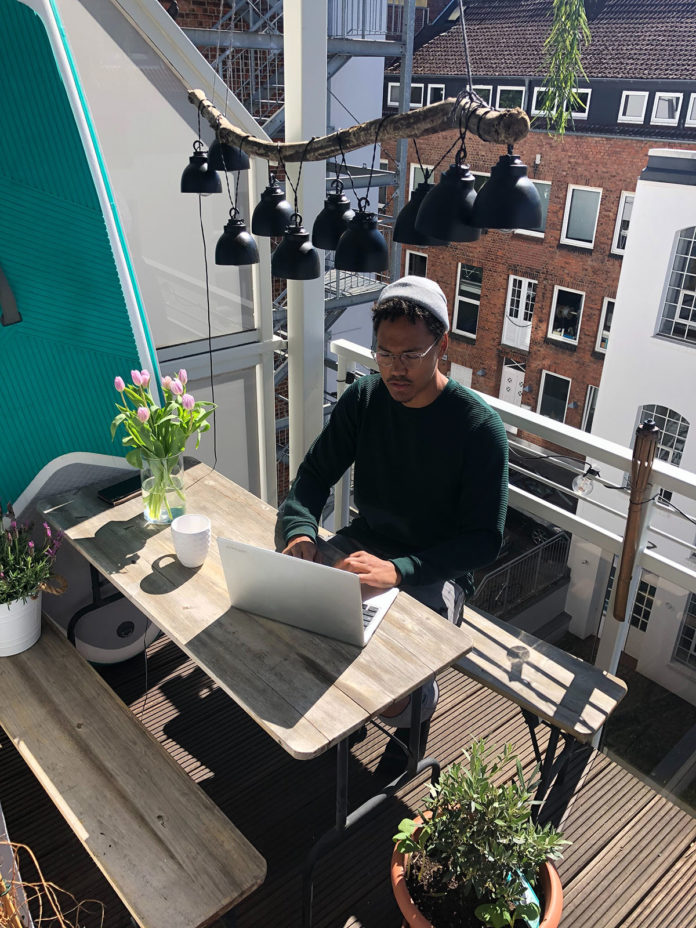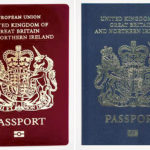With vaccination rates rising rapidly, travelling outside Europe seems to be within reach again. We all know some lucky people who have been abroad since the beginning of the pandemic. Some not by choice, but many have managed to escape to destinations such as the South Pacific or the Caribbean. These people are also called “digital nomads”. More specifically, digital nomads are people who are not dependent on a location and who use technology to carry out their work, leading a nomadic lifestyle. This concept is becoming more common, especially as a result of the pandemic. More than ever, people want to do whatever it takes to ensure they can afford this lifestyle. With this in mind, we have created a checklist based on what we think is the ideal plan for becoming a digital nomad.
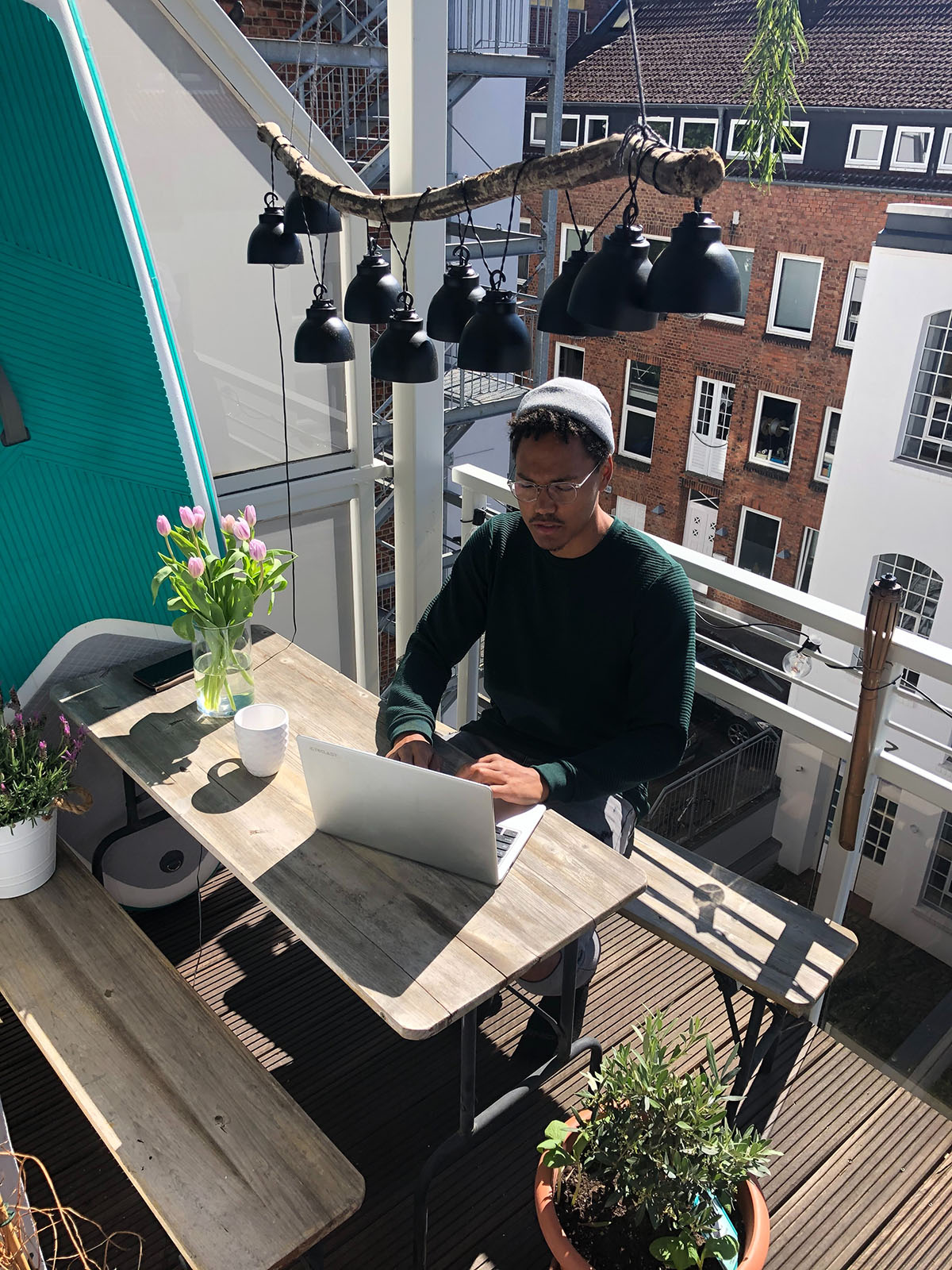
- Map out your skills
The first thing you need to do is determine what skills you have that you can use online. Obviously, you need to be able to type and use a computer and the internet. The good news is that nowadays most people already have these skills. You can increase your chances of getting a better-paid remote job by building on the knowledge and skills you acquired during your studies or previous work.
Skills often in demand for remote work include writing, marketing, design or computer engineering. Developers can look for jobs in web design. Teaching languages (online or in person) is also becoming an increasingly common option.
Most digital nomads begin by finding remote jobs or freelance assignments that allow them to begin earning an income. Once you have established your first source of income, you will need to decide whether you want to develop this source of income into a larger business or if you simply want to find several similar assignments to earn more money. Again, since there is no specific path to becoming a digital nomad, your situation will vary depending on your skills, knowledge and also your willingness to take the plunge, take risks and maybe even fail.
- Join a community of digital nomads
Forums and Facebook groups make it easy to contact groups of nomads you’re interested in or specific people for advice. They give you access to like-minded people who can help you when you feel lost. You can even learn new skills from community members or get advice on working online or choosing a new location.
- Become a freelancer in your spare time
If your current experience cannot (yet) be used for online work, and you need the money from your current job, you can start freelancing in your spare time. You don’t need much money to start, so choose an easy skill to start with and learn more to get better at it.
In Australia, for example, many companies need to hire people on a part-time or freelance basis. They list the job description, available time and budget on job boards. Then, freelancers around the world who have a profile on these sites can see the ad and choose whether to apply for the job. If they apply, they contact the company through the site in question and send their portfolio and a cover letter explaining why they are suitable for the job. After reviewing the freelancer’s cover letter and portfolio, the company decides if he or she is suitable, after which the file is completed and the person can work like any other freelancer. Usually these sites charge a small percentage of commission on the agreed fee for the work, and then everyone is happy.

- Preparing for departure
The next important aspect to consider is how to stay in the country for the long term. A good deal of manage to stay long-term by finding an employer who will sponsor them so that they can start with a temporary job. Others choose to start studying. However, making this decision can take time. That is why it is advisable to visit a potential country with a tourist visa, in order to learn more about the possibilities on the spot.
Some countries have agreements with the UK, allowing British citizens to go there and start a job without first needing permission from an employer. For example, British citizens can go and work in Australia with a Working Holiday Visa Australia (WHVA). Brits can participate up to the age of 31. Make sure that you read the requirements of the various visa for Australia or for another country that you want to visit well in advance.
Once this is all done, you can get started right away. For everything after that, the best solution is to talk to the locals as much as possible. The advice you get about opening bank accounts, registering as self-employed or setting up a business will always be very specific to the country and even the region you are in. So this specific advice cannot be learned anywhere else but on the spot. But that’s the fun part, isn’t it?









